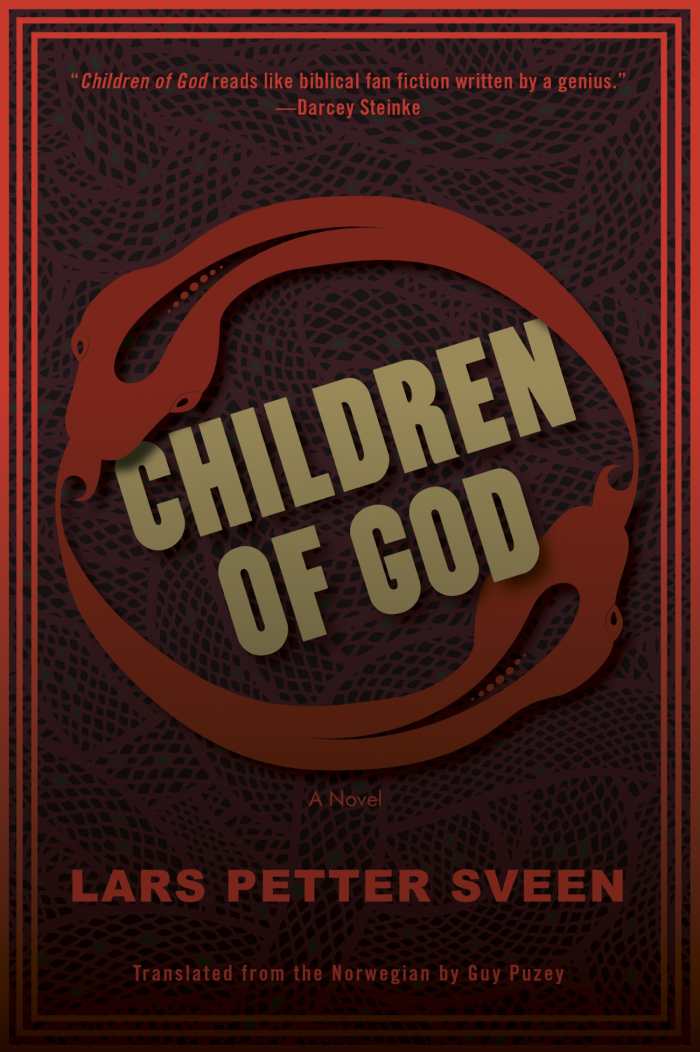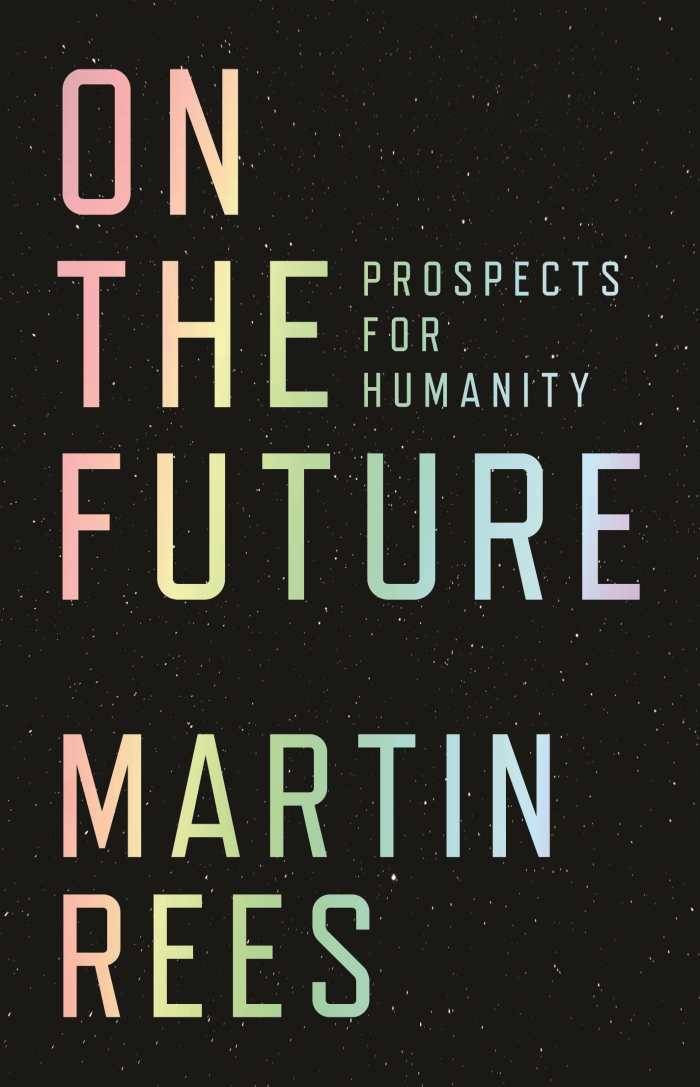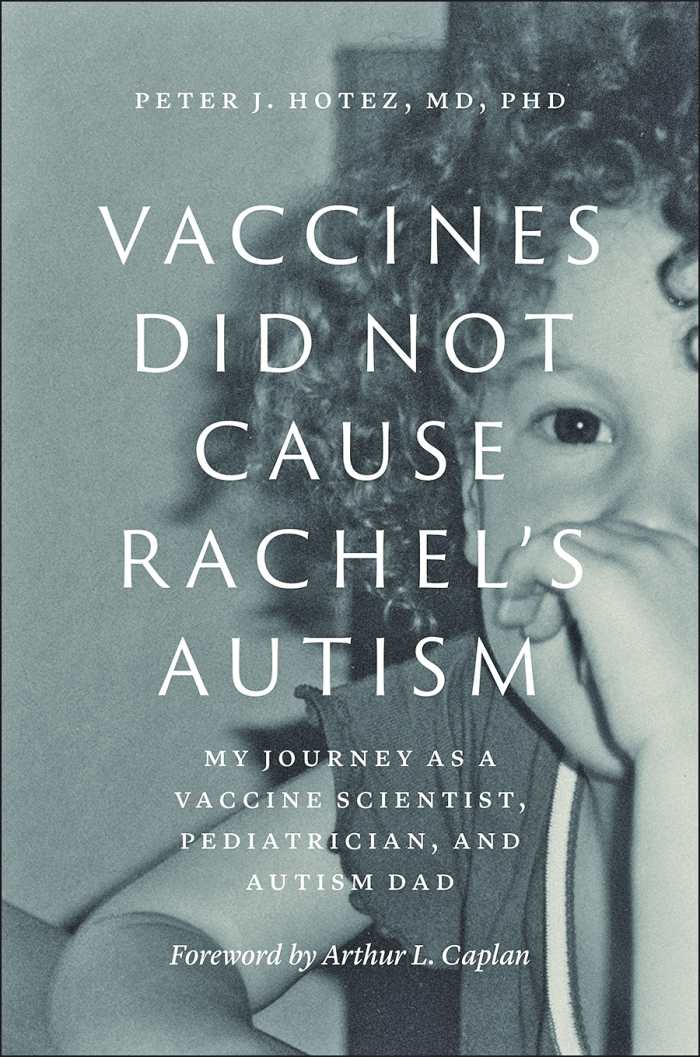Book of the Day Roundup October 15–19

The Lightning Jar

Christian Felt
University of Iowa Press
Softcover $16.00 (142pp)
978-1-60938-600-9
Buy: Local Bookstore (Bookshop), Amazon
In Christian Felt’s eerie and wondrous The Lightning Jar, an outwardly ordinary Swedish family’s history is plumbed for its most extraordinary dreams and aspirations.
Amanda and Karl spend their summer perched on the edge of a Swedish lake with their mother. Its depths are inhabited by pretty monsters; its waters have had the smell lightning-zapped right out of them. A wished-for troop of cousins arrives, setting off a string of increasingly uncanny adventures.
Their great-grandmother, Astrid, is a background figure in their tale, as are her mysterious, near-forgotten relations. She returns in the story of one of her grandchildren, whose parents defied conventions by marrying across religious barriers, as well as in her own childhood lakeside story. One of her progeny, Mons, communes with pond creatures and dreams of the Morra, who turns living beings into glass.
Gypsies and ghosts, colors and sounds, forests and dances: they all twirl together in this lonely, lively book. Animals talk and mythical beings linger. Jam becomes rubies; children become lightning and ghosts.
Vintage impressions of wimples and queens are counteracted by mentions of contemporary delights, from stegosaurus toys to Cheetos and Taylor Swift. This reality is both grounded and aloof, luring attention in much the same way that the lake’s Wisps seduce wanderers into their realm. Some of the similes are downright disturbing, others are simply lovely.
Though its stories within stories have linear lines, The Lightning Jar less asks to be followed than acquiesced to; its pages twinge all of the magical chords that childhood fairy tales do, asking questions whose power lies in their audaciousness, not in their answers:
What if, as an old man, I learned that a dragon had been living inside the Mountain all along? Would I have any stories that didn’t change?
Its children are both vivified by their family members and left lonesome even in communion. The Lightning Jar is equally melancholy and spectral as it traipses through childhood days.
MICHELLE ANNE SCHINGLER (August 5, 2018)
Children of God

Lars Petter Sveen
Graywolf Press
Softcover $16.00 (256pp)
978-1-55597-820-4
Buy: Local Bookstore (Bookshop), Amazon
Lars Petter Sveen’s Children of God, translated by Guy Puzey, collects stories featuring the New Testament’s marginal people. On the edge of the Roman empire, a place where everything is “so mixed up, so confusing … that it [is] impossible to keep track of all the groupings and all the factions,” characters’ lives intersect. The miraculous and the inexplicable fold into the mundane as a matter of course. As characters navigate the chaos within and without, each story bears witness to human nature and the fine-grained texture of revelation, suffering, and doubt.
There are Roman soldiers and prostitutes, thieves and apostles, and whether they are following orders, rules, family expectations, or social mores, the familiar becomes a potent trap for them. Whatever devil someone knows proves more beguiling than the light-bearer they don’t. Although these characters are often awash in their own darkness, none is without light, even when they don’t have the strength to embrace it.
Jesus—whether he is present or absent, alive or dead—is most important as a important catalyst. In counterpoint, there’s a persistent antagonist in the form of a blind stranger who is “what stays in the shadows while the light falls elsewhere.” He offers a nightmarish familiarity variously disguised as comfort and ambition.
In the central contest between light and dark, each character’s journey is intensely personal, directed by memories, human connections, and experiences. The implications echo, from “A Light Gone,” where the leader of a child gang lays down his life for his followers, to “I Smell of Earth,” where notions of heaven and hell are turned on their ear.
Children of God exposes the turmoil of illumination, a striving that exists alongside what’s confusing, inscrutable, and seemingly contrary. Puzey’s impressive translation delivers an astounding voice to English-language literature.
LETITIA MONTGOMERY-RODGERS (October 15, 2018)
On the Future
Prospects for Humanity

Martin Rees
Princeton University Press
Hardcover $18.95 (260pp)
978-0-691-18044-1
Buy: Local Bookstore (Bookshop), Amazon
Martin Rees has been England’s Astronomer Royal since 1995; he also taught at Cambridge University. With his prestigious scientific background, he is well-positioned to comment on the opportunities and threats that humanity faces in the Anthropocene epoch. In On the Future, he argues that “the flourishing of the world’s growing population depends on the wisdom with which science and technology [are] deployed.”
Further developing the themes of his 2010 BBC Reith Lectures, “From Here to Infinity,” Rees boldly assesses the situation we’ve gotten ourselves into. In some ways, the picture is bleak: social inequality and ethical dilemmas are rife, nuclear weapons pose a constant risk, and climate change is an ever-increasing problem that pits scientists, politicians, and the public against each other, instead of drawing people together to find solutions. In the midst of this contentious atmosphere, the author calls on well-rounded scientists to lead the way by coming up with ingenious ideas—“we should be evangelists for new technologies,” he insists.
It would be easy for a book about the future to turn gloomy, but this one balances concerns with hopeful prospects. Although Rees decries a lack of global awareness and cooperation and advises governments to have contingency plans in place in case of wide-scale disasters, he is unexpectedly positive overall. In this concise and pointed book, effectively structured into thematic chapters and subheadings rather like a scientific paper, he expresses wonder at the mysteries of life. He admires those who have paired research with activism to bring about change, such as Rachel Carson and Carl Sagan. Following in their footsteps, Rees believes we can be “technological optimists,” trusting that science will equip us to cope with whatever the future holds.
REBECCA FOSTER (August 27, 2018)
Quiver

Julia Watts
Three Rooms Press
Softcover $15.95 (324pp)
978-1-941110-66-9
Buy: Local Bookstore (Bookshop), Amazon
Quiver is a compelling story about an unlikely friendship between two teens from very different backgrounds.
Libby—the eldest daughter of her family, whose life is filled with Bible study and helping care for her siblings—is lonely. When a new family with a child her age moves in next door, she is eager to start a new friendship.
Zo’s family has relocated for a number of reasons—one of which is so that Zo, who is a gender-fluid teen, can work through the depression that developed when hir significant other tried to insist that Zo choose a single gender identity.
Libby has her entire life planned for her—to question that is to question the will of God. Zo, in contrast, comes from a loving family that fully supports and accepts hir. Though their worldviews are a huge obstacle, Libby’s and Zo’s need for friendship compels them to try to get to know one another beyond their surface differences.
The main characters in Quiver are wonderfully complex and relatable young people. Both defy the labels that society places on them. Their willingness to learn about and support one another is a beautiful example of the ways in which kindness and open-mindedness can lead to understanding.
The book’s message of acceptance is clear from the first page to the last. Ultimately—though both families are trying to raise their children to be responsible, loving adults—Libby’s father is not willing to accept anything outside of his chosen belief system, and this proves to be a significant detriment to his family.
Quiver is an amazing, heartfelt book with a powerful lesson to share. Nearly all young adults feel judged or excluded at some point in their lives; this story will help anyone, no matter their situation, see that acceptance is possible.
CATHERINE THURESON (August 27, 2018)
Vaccines Did Not Cause Rachel’s Autism
My Journey as a Vaccine Scientist, Pediatrician, and Autism Dad

Peter J. Hotez
Johns Hopkins University Press
Softcover $22.95 (200pp)
978-1-4214-2660-0
Buy: Local Bookstore (Bookshop), Amazon
The unequivocal title of his third book tells you that Peter J. Hotez isn’t pulling any punches. As a Baylor College of Medicine vaccine scientist and the father of an adult daughter with autism, he’s heavily invested in the fight against the anti-vaccination trend.
Vaccines Did Not Cause Rachel’s Autism begins by tracing the history of anti-vaccine movements. A controversial 1998 paper published in The Lancet led to a decline in vaccination rates in the United Kingdom and a consequent resurgence of measles. Andrew Wakefield, one of that paper’s authors, also released the 2016 documentary Vaxxed, which alleges a link between the MMR vaccine and autism.
Hotez forthrightly dismisses Vaxxed as “a blatantly dishonest and exploitative piece of nonsense.” The brains of children with autism spectrum disorders are inherently different, he reasons, so it doesn’t make sense for autism to result from childhood vaccination. His arguments are all very clearly presented, and an epilogue of facts versus myths is particularly helpful.
A text so full of scientific evidence and invective might have turned dull or strident were it not for the author’s family story. This personal material has a welcome softening effect. Sharing narration with his wife, Hotez recalls his daughter Rachel’s early years. Unlike many with autism, she was verbal and interactive, but she emitted particularly piercing cries, didn’t like to be hugged, and set off running given the slightest opportunity. After a high-school special-needs program, Rachel has struggled to find employment, and Hotez and his wife often feel alone when dealing with Rachel’s challenges.
The answer, the author believes, is to counter harmful rumors with hard science. Ultimately he hopes to make vaccines more widely available—especially in countries threatened by tropical diseases—through the U.S. Science Envoy program.
REBECCA FOSTER (August 27, 2018)
Foreword Reviews
